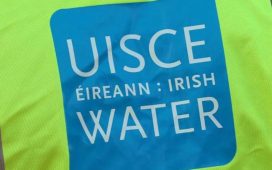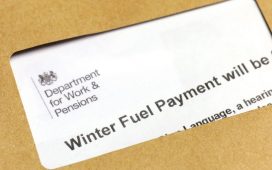The Change Climate Project, formerly known as Climate Neutral Certified, wants brands to think beyond net zero.
The nonprofit was founded in 2019 to create a more reliable, climate-focused certification that would allow environmentally conscious consumers to put their dollars toward brands that have made a commitment to reduce and offset their carbon emissions. Now, the company has a new carbon fee model that aims to move beyond the “carbon neutral” framework of net zero to better align with EU regulations and avoid scammy carbon offsets.
It was one of many announcements during Climate Week NY that shed light on where the marketing and advertising industry stands on climate, where momentum is building in the agency world, and which players activists have in their crosshairs.
Net Zero’s false promise
While there’s a plethora of environmental labels currently on the market—more than 200, by some estimates—the goal of the TCCP’s label was to cut through the noise and demand a higher level of commitment and investment from companies.
Over the last year, though, voluntary carbon offset markets have come under fire for selling scammy credits, and major brands dropped net zero targets—realizing it’s harder and more expensive than expected without cheap offsets.
But while American regulators have shied away from stricter regulations on carbon emissions, European regulators have gone in the opposite direction.
The TCCP founder and CEO, Austin Whitman, knew the company’s approach needed to shift away from language around carbon neutrality, as that had been tainted by carbon offset scandals. At the same time, it’s more important than ever that companies measure and reduce their emissions—if not because they want to slow climate change, then at least to meet the requirements of the EU’s Corporate Sustainability Reporting Directive, which requires large companies to measure and report the greenhouse gas emissions that they generate.
“[We’re] transforming the neutrality framework, which required companies to measure their emissions and then compensate for them, and then create forward-looking reduction actions,” Whitman explained. “We’re replacing that with an internal carbon fee model, so every company who gets certified will have to adopt an internal carbon fee that becomes the basis for a budget for their climate transition.”













